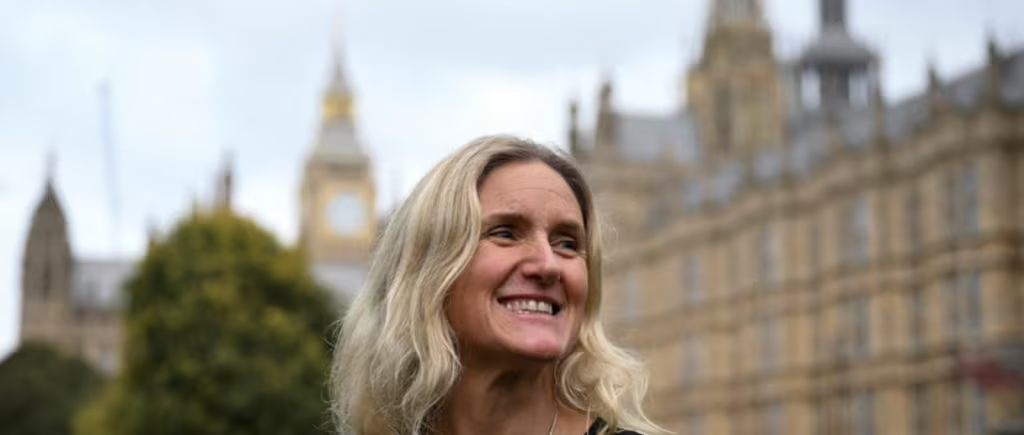Extra time for peers to debate assisted dying
BBC | 27.11.2025 04:06
Peers have been given an extra 10 days to scrutinise the assisted dying bill, after a record number of amendments prompted concerns it would run out of time to be passed into law.
The bill was backed by MPs in a historic vote in June and is now in its final stages in the House of Lords, where peers must agree the wording of the legislation for the bill to become law.
There are fears opponents are trying to talk out the bill by lodging a record number of requests for changes, and making very slow progress in discussing them.
With the legislation having been drafted as a private member's bill by Labour MP Kim Leadbeater, there is a hard deadline on when agreement must be reached with peers.
The Terminally Ill Adults (End of Life) Bill will only become law only if both the House of Commons and House of Lords agree on the final drafting of the legislation - with approval needed before spring when the current session of Parliament ends.
If passed, it would allow terminally ill adults in England and Wales with fewer than six months to live to apply for an assisted death, subject to approval by two doctors and a panel featuring a social worker, senior legal figure and psychiatrist.
Critics and opponents of the bill have insisted the legislation requires significant re-drafting to ensure any system properly protects vulnerable people.
However, peers had managed to discuss fewer than 30 of the more than 1,000 amendments lodged after two of the four days reserved for committee stage, when the bill is scrutinised line-by-line.
With only two more sessions scheduled before the end of the year, Childline founder Dame Esther Rantzen, who is terminally ill with cancer, last week warned peers not to "sabotage democracy".
Leadbeater has also shared her concern that "some of the processes and procedures that can be used are being used to frustrate the bill, and that is deeply disappointing and upsetting".
Now, the government's chief whip in the Lords has announced 10 extra Fridays will be given for debate in the Lords, spread over a number of weeks in the New Year between 9 January and 24 April.
Lord Roy Kennedy said it is "clear the House needs additional time to scrutinise the Bill" given the high number of amendments.
He said: "I have always been clear that as this government is neutral on the Bill any additional time will not come from government time.
"I also believe given the importance of the subject and the number of colleagues wishing to participate, that this scrutiny could not take place in the Grand Committee, as some have suggested to me.
"I have therefore arranged for the House to sit on an additional eight additional Fridays in the New Year in addition to the three Fridays already announced."
He added the government is not trying to "prescribe" how the Bill will progress, given its neutral stance.
Welcoming the decision, backbencher Leadbeater said she was pleased extra days had been granted to deal with the large number of amendments.
"It is right that peers use their expertise and experience to properly scrutinise the Bill and propose improvements to strengthen it where necessary," she said.
"These extra days provide an unprecedented amount of debating time for a private members' bill.
"There is little doubt that these days, used responsibly and constructively, will allow the Bill progress through the Lords and enable Parliament to give dying people choice and dignity in their final days and protect their loved ones from the threat of prosecution."
Lord Charlie Falconer, who is steering the Bill through the Lords, said the extra dates mean that up to 24 April, there will have been 16 days for consideration of the legislation in the Lords.
Sign up for our Politics Essential newsletter to read top political analysis, gain insight from across the UK and stay up to speed with the big moments. It'll be delivered straight to your inbox every weekday.









